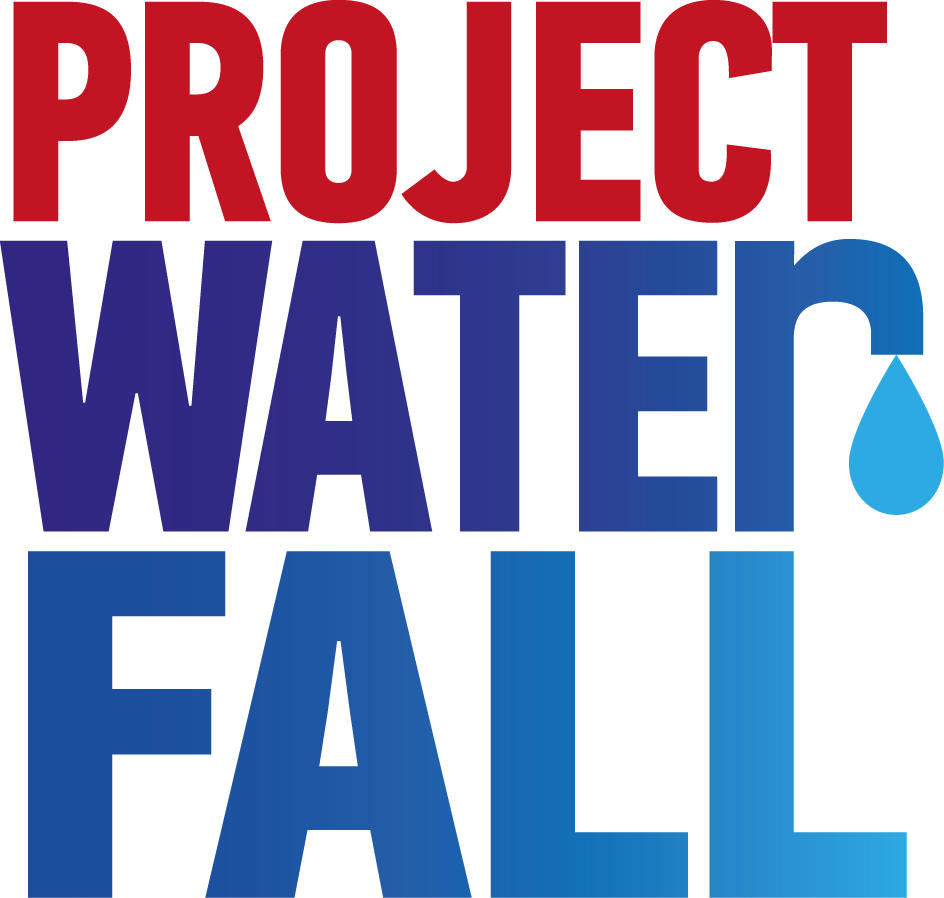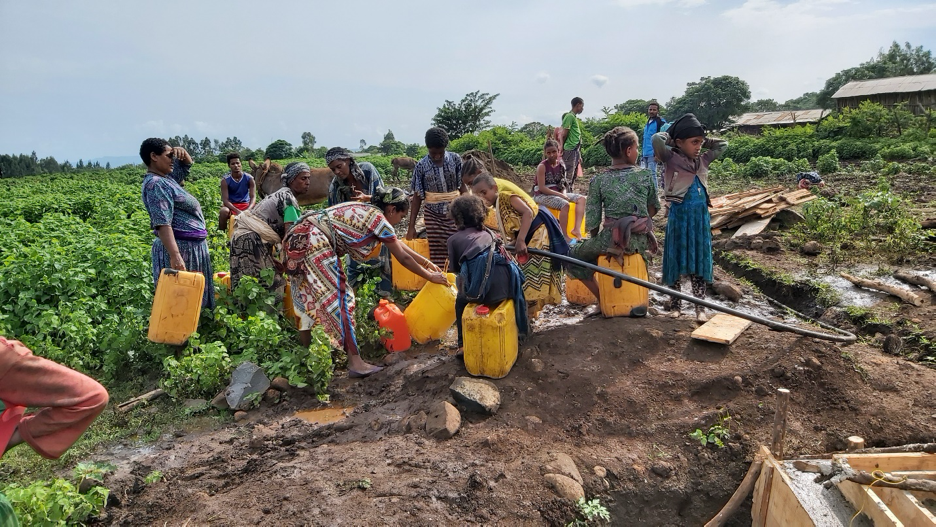Reporting period: September 2019 - July 2020
Project Waterfall, in partnership with WaterAid UK, began working in the Jabi Tehnan district of Ethiopia in 2018.
Jabi Tehnan is situated in the north-west of Ethiopia, in the heart of the Amhara region. 38% of the people in this district rely on coffee for their livelihood.
Ethiopia is known as the biological and cultural home of coffee, however it’s also one of the countries most affected by the water crisis. 75% of people don’t have access to clean drinking water, and 95% of the rural population don’t have access to decent sanitation.
This project has the ambitious goal to bring clean water, sanitation, and hygiene to over 10,000 people by 2022.
So far, the project has reached 6,571 people with clean drinking water, 5,416 people with improved sanitation and 6,571 people with improved hygiene education.
With the growing threat of COVID-19, the local team have been working harder than ever to make sure as many people as possible are prepared for the virus and have adequate handwashing facilities in place.
Here’s an update on what we’ve achieved during the last reporting period, from September 2019 - July 2020. For our previous project updates, check out our work so far.
Clean water flows in the Weynuma community for the first time
Increasing access to clean drinking water
The Weynuma Kebele community now have a continuous source of clean water.
7 public water points and 1 school water point have been completed.
A 50m3 collection chamber, generator, water store and guard house, concrete reservoir and elevated water tanker have been built.
Construction work is completed on a springbox which collects water that flows underground and protects it from surface contamination. This is now used as a water source for Weynima Clinic within the community.
A pipe trench has been excavated and a pipe network has been installed.
Testing has been carried out on all water supply systems, including a bacteriological and physio-chemical water quality test.
The local community have been involved with every step of the project, helping to dig trenches for the pipes, guarding stores and materials, and planning, monitoring and evaluating project activities.
Increasing access to basic sanitation
Two ventilated improved latrines, separate for boys and girls, were constructed in Weynima Primary School. Each latrine has six cubicles of which one cubicle is ultimately dedicated for students and teachers with disabilities.
Sanitation training was given to local communities to build knowledge and understanding of the impact of poor WASH on health, education and the economy.
Key stakeholders have established their own SME’s which will be responsible for producing different sanitation products such as concrete slabs for building toilets and marketing these to the local community.
100 households have built their own latrine following hygiene and sanitation promotion as part of the project, raising the total number of newly built and renovated latrines to 1136.
Increasing knowledge, skills and awareness on hygiene
63 key community representatives have been trained on key hygiene behaviour problems and solutions.
School WASH clubs have been established at Weynima Primary School and Bir-Sheleko high school. The clubs have raised funds to cover the maintenance of the school WASH facilities, including purchasing sanitary pads and bins for waste collection.
18 female students and teachers were trained in menstrual hygiene management.
1470 packs of sanitary pads were procured and distributed to 631 female students to support menstrual hygiene management implementation.
Health education was delivered to 3420 community members at various events.
Research has been conducted to identify key determinant factors in hygiene behaviour.
Following the hygiene promotion intervention, 420 households in Mankusa Abdogoma Kebele have built their own hand washing facilities from locally available materials.














